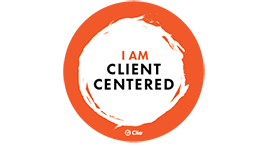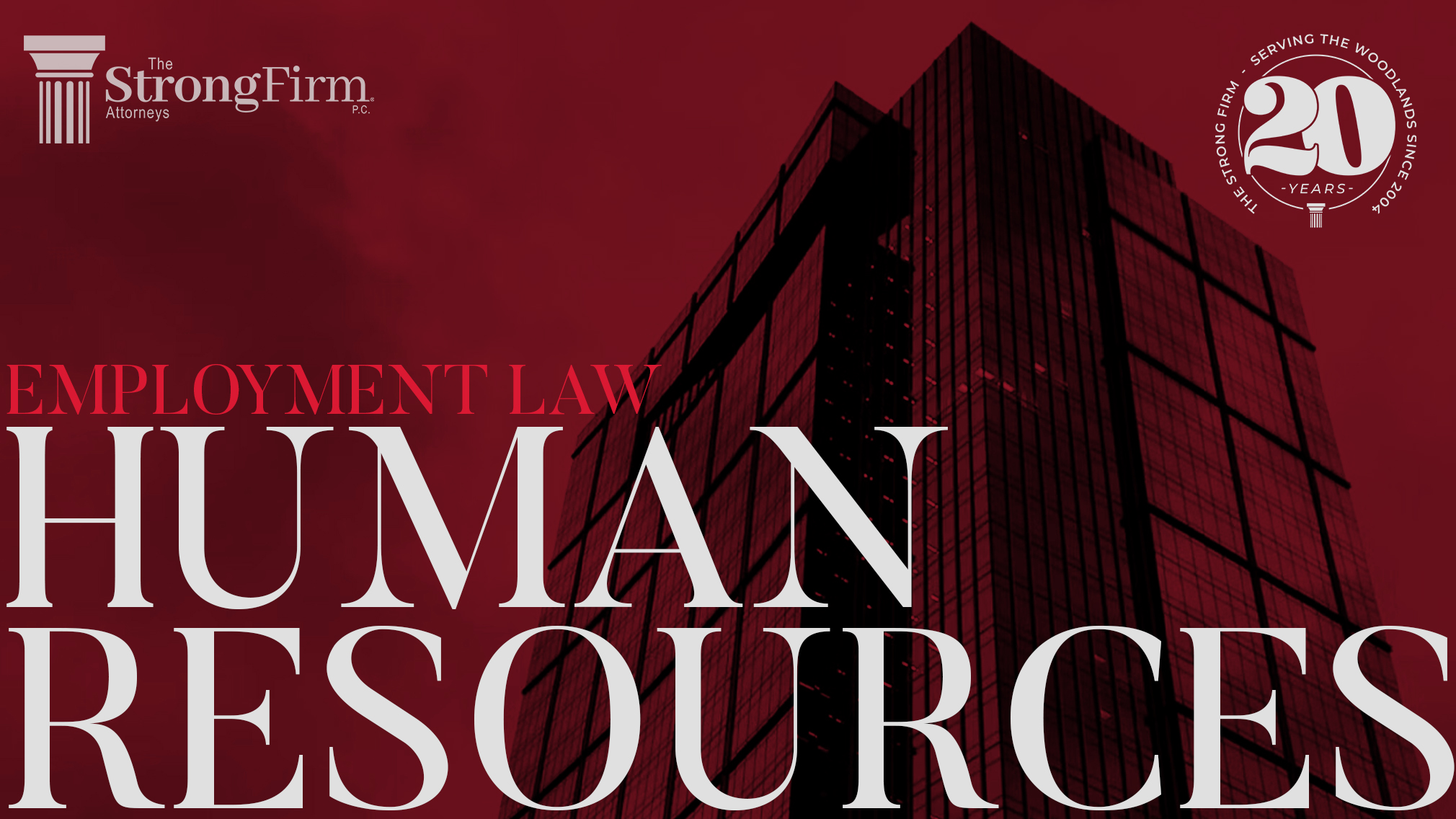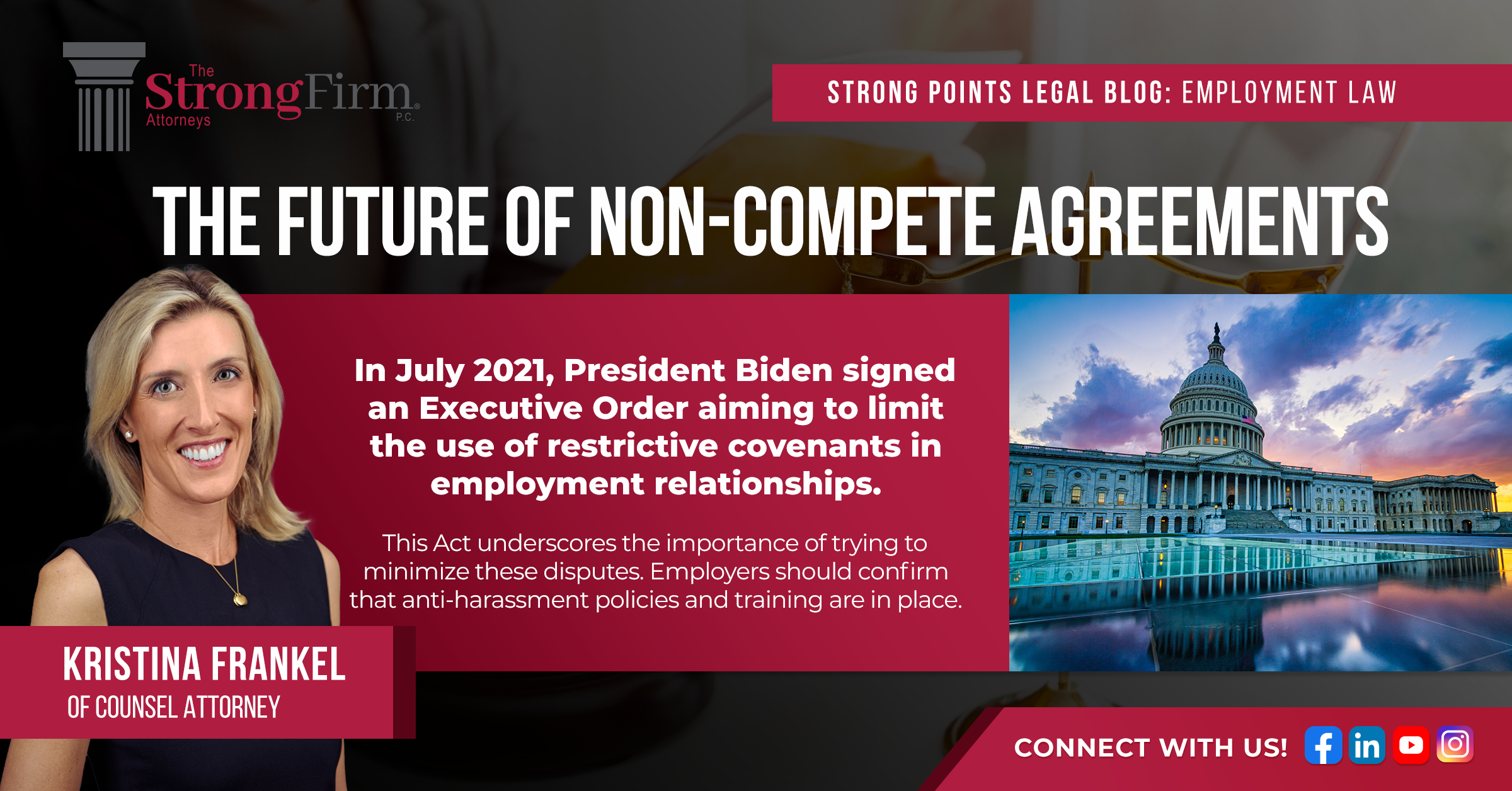You have likely put a significant amount of time, effort and money into planning your estate, don’t throw it all away by picking the wrong executor. Ideally, your executor will administer your estate honestly, efficiently and in the best interest of your beneficiaries. Bad executors have the potential to waste your estate’s funds, destroy family relationships and cause costly legal battles. Here are some tips to help you avoid sabotaging your estate plans:
No Experience Required
While the role of an executor is no easy job, for most estates only common sense and good judgment are required. You should pick someone with a good basic business sense who knows when to ask for professional help. For straightforward wills and small estates, a family member or close friend may be the best choice and could end up saving your estate money since family members are more likely to waive the executor’s fees. On the other hand, if you anticipate a will contest, or know that your estate is going to require a significant amount of legal work, hiring an attorney or someone with similar expertise may be the better choice.
Choosing More Than One
For estates with less than half a million dollars in assets, your spouse or a mature child may be the best choice to ensure the probate process goes as quickly and smoothly as possible. Naming more than one person means that tough decisions are not left in one person’s hands, but you should avoid naming all of your children to the role. Family squabbling can slow the probate process to a crawl and end up depleting the estate’s assets. Rather than worrying about being fair to your children, focus on preventing family conflict after you are gone.
Naming multiple parties may be the best choice if you have a large estate or if your estate includes a small business. Naming co-executors allows you to name a person with business expertise alongside a friend or family member, and you can specify which executor will be responsible for which duties.
Review Your Choice
Circumstances change and your perfect pick today may not be so perfect down the road. First, consider the age and health of any potential executors and the likelihood they will be around to administer your estate after you are gone. Next, make sure the person you name is willing to serve. Finally, your choice of executor may change due to shifting family dynamics and friendships, and you should dust off and revisit your estate planning documents every couple years and after major life events.




























